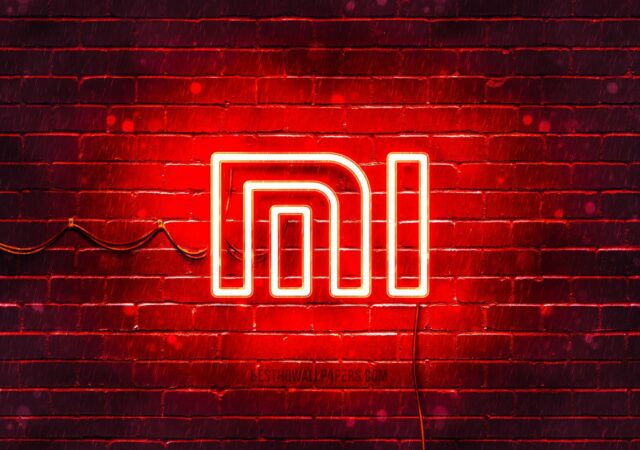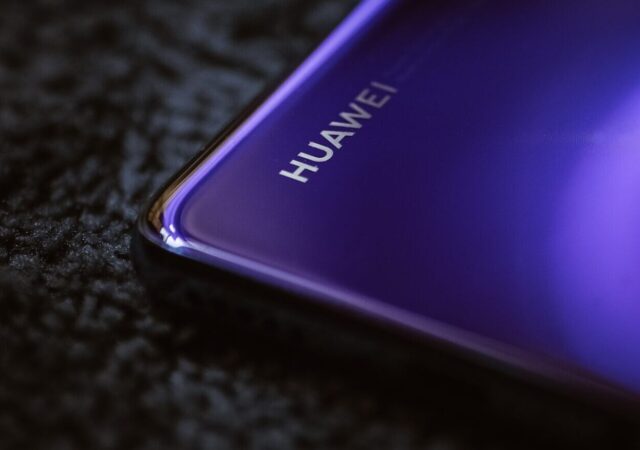Xiaomi addresses concerns head on about the availability of Google Mobile Services on its upcoming smartphones.
HUAWEI’s Display Woes Coming to an End
Huawei sees a ray of light as Samsung Display gets the green light to trade with it amidst the U.S. ban.




